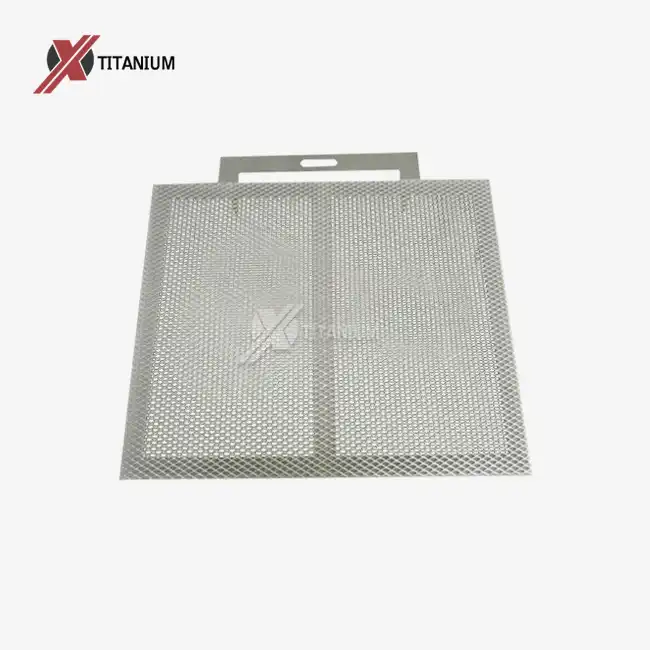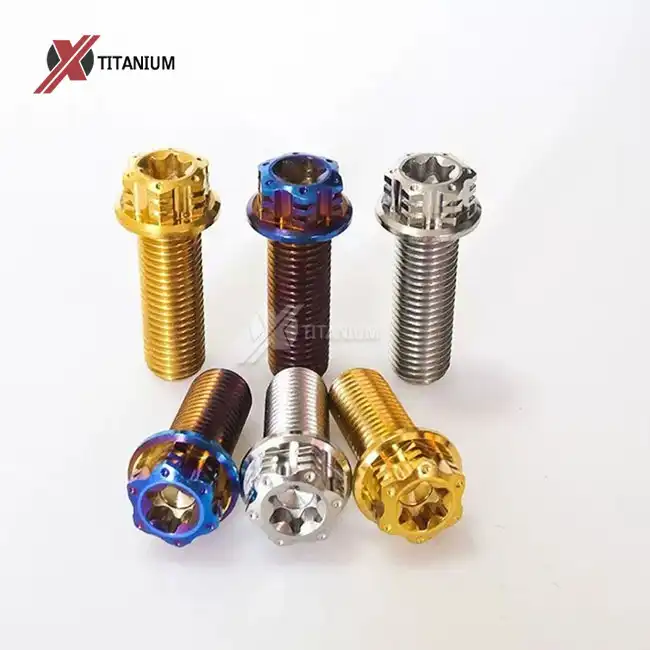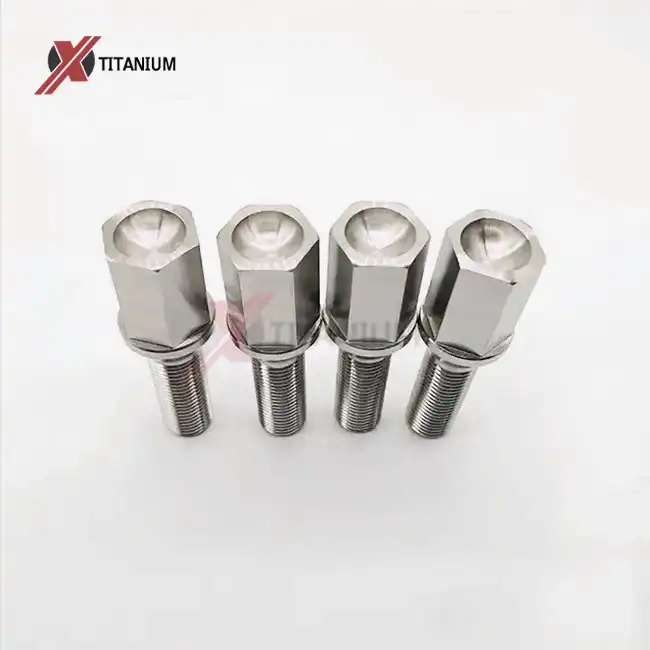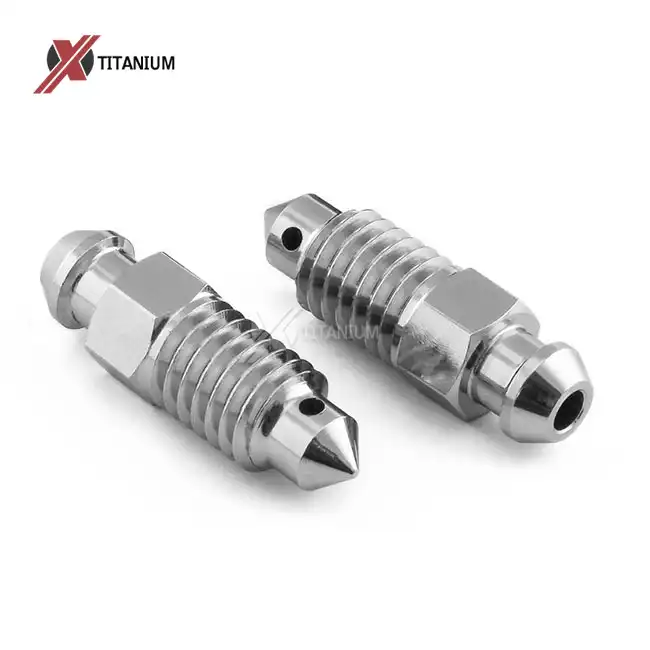- English
- French
- German
- Portuguese
- Spanish
- Russian
- Japanese
- Korean
- Arabic
- Greek
- German
- Turkish
- Italian
- Danish
- Romanian
- Indonesian
- Czech
- Afrikaans
- Swedish
- Polish
- Basque
- Catalan
- Esperanto
- Hindi
- Lao
- Albanian
- Amharic
- Armenian
- Azerbaijani
- Belarusian
- Bengali
- Bosnian
- Bulgarian
- Cebuano
- Chichewa
- Corsican
- Croatian
- Dutch
- Estonian
- Filipino
- Finnish
- Frisian
- Galician
- Georgian
- Gujarati
- Haitian
- Hausa
- Hawaiian
- Hebrew
- Hmong
- Hungarian
- Icelandic
- Igbo
- Javanese
- Kannada
- Kazakh
- Khmer
- Kurdish
- Kyrgyz
- Latin
- Latvian
- Lithuanian
- Luxembou..
- Macedonian
- Malagasy
- Malay
- Malayalam
- Maltese
- Maori
- Marathi
- Mongolian
- Burmese
- Nepali
- Norwegian
- Pashto
- Persian
- Punjabi
- Serbian
- Sesotho
- Sinhala
- Slovak
- Slovenian
- Somali
- Samoan
- Scots Gaelic
- Shona
- Sindhi
- Sundanese
- Swahili
- Tajik
- Tamil
- Telugu
- Thai
- Ukrainian
- Urdu
- Uzbek
- Vietnamese
- Welsh
- Xhosa
- Yiddish
- Yoruba
- Zulu
How Strong Are Titanium Socket Cap Bolts for Heavy Loads?
Titanium socket cap bolts are exceptionally strong and capable of handling heavy loads with impressive reliability. These high-performance fasteners boast a tensile strength of up to 895 MPa (130 ksi) and a yield strength of 828 MPa (120 ksi), making them ideal for applications requiring superior strength-to-weight ratios. Their excellent mechanical properties, combined with corrosion resistance and durability, allow titanium socket cap bolts to excel in demanding environments where traditional fasteners may fall short. This remarkable strength ensures they can withstand significant stress and strain, making them a top choice for critical applications in aerospace, automotive, and industrial sectors.
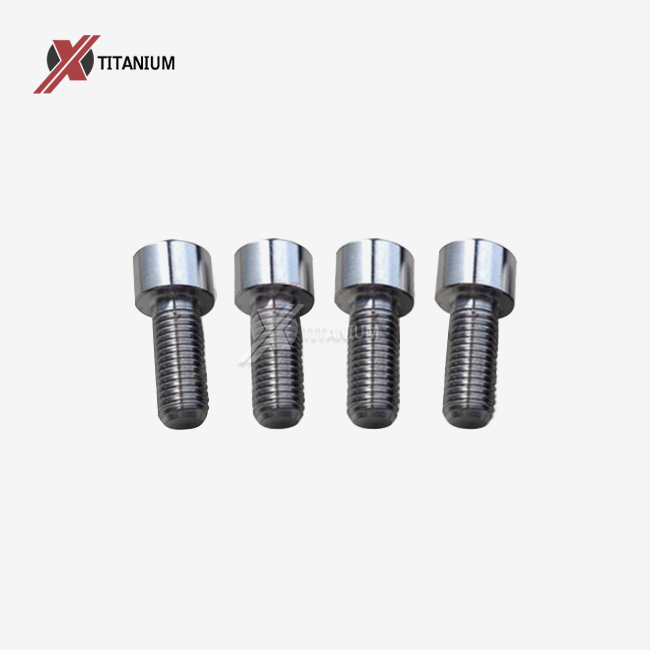
Understanding the Strength Characteristics of Titanium Socket Cap Bolts
Material Composition and Grades
Titanium socket cap bolts are typically manufactured from either Grade 2 commercially pure titanium or Grade 5 titanium alloy (Ti-6Al-4V). Grade 5 titanium, also known as Ti-6Al-4V, is particularly favored for its superior strength characteristics. This alloy contains 6% aluminum and 4% vanadium, which significantly enhance its mechanical properties compared to pure titanium.
The unique atomic structure of titanium contributes to its exceptional strength-to-weight ratio. Titanium atoms form a hexagonal close-packed (HCP) crystal structure, which provides excellent resistance to deformation and contributes to the material's high strength. This atomic arrangement also explains why titanium socket cap bolts can maintain their strength even at elevated temperatures.
Mechanical Properties and Load-Bearing Capacity
Titanium socket cap bolts exhibit remarkable mechanical properties that make them suitable for heavy load applications. The tensile strength of Grade 5 titanium socket cap bolts can reach up to 895 MPa (130 ksi), while their yield strength is approximately 828 MPa (120 ksi). These values indicate the bolts' ability to withstand significant tensile forces without permanent deformation or failure.
The load-bearing capacity of titanium socket cap bolts is further enhanced by their high strength-to-weight ratio. With a density of only 4.51 g/cm³, titanium bolts offer substantial weight savings compared to steel fasteners while maintaining comparable or superior strength. This characteristic makes them particularly valuable in applications where weight reduction is crucial, such as aerospace and high-performance automotive industries.
Fatigue Resistance and Durability
One of the key strengths of titanium socket cap bolts is their exceptional fatigue resistance. Fatigue failure occurs when a material is subjected to repeated cycles of stress, even below its yield strength. Titanium's inherent resistance to fatigue makes it an excellent choice for applications involving cyclic loading or vibrations.
The durability of titanium socket cap bolts is further enhanced by their outstanding corrosion resistance. Titanium naturally forms a protective oxide layer on its surface, which provides excellent resistance to various corrosive environments, including saltwater, acids, and industrial chemicals. This property ensures that the bolts maintain their strength and integrity over extended periods, even in harsh conditions.
Applications and Advantages of Titanium Socket Cap Bolts in Heavy Load Scenarios
Aerospace and Aviation
The aerospace industry is one of the primary beneficiaries of titanium socket cap bolts' exceptional strength and light weight. These fasteners are extensively used in aircraft structures, engine components, and spacecraft. In these applications, the bolts must withstand extreme temperature fluctuations, high-altitude conditions, and significant vibrations while minimizing overall weight.
For instance, titanium socket cap bolts are often employed in jet engine assemblies, where they secure critical components that experience high temperatures and stresses. Their ability to maintain strength at elevated temperatures makes them ideal for such demanding environments. Additionally, the weight savings achieved by using titanium fasteners contribute to improved fuel efficiency and increased payload capacity in aircraft.
Automotive and Racing
In the automotive industry, particularly in high-performance and racing applications, titanium socket cap bolts offer significant advantages. These fasteners are commonly used in engine components, suspension systems, and chassis assemblies where strength and weight reduction are paramount.
Racing teams often utilize titanium socket cap bolts to secure critical components such as connecting rods, cylinder heads, and brake calipers. The bolts' high strength allows for improved torque retention and reduced risk of failure under extreme racing conditions. Moreover, the weight savings achieved by using titanium fasteners can contribute to enhanced vehicle performance and handling.
Industrial and Marine Applications
Titanium socket cap bolts find extensive use in various industrial and marine applications where corrosion resistance and strength are essential. In chemical processing plants, these fasteners are employed in reactors, heat exchangers, and piping systems exposed to corrosive chemicals. Their ability to withstand harsh environments ensures long-term reliability and reduced maintenance costs.
In marine environments, titanium socket cap bolts are utilized in shipbuilding, offshore platforms, and underwater equipment. The bolts' excellent resistance to saltwater corrosion makes them ideal for applications such as propeller shafts, rudder assemblies, and subsea structures. Their high strength-to-weight ratio also contributes to improved fuel efficiency in marine vessels.
Factors Affecting the Performance of Titanium Socket Cap Bolts Under Heavy Loads
Proper Installation and Torque Specifications
To maximize the performance of titanium socket cap bolts under heavy loads, proper installation techniques and adherence to torque specifications are crucial. Unlike steel fasteners, titanium bolts have a lower coefficient of friction and different elastic properties, which can affect their behavior during tightening.
It's essential to use appropriate lubricants and follow manufacturer-recommended torque values when installing titanium socket cap bolts. Over-tightening can lead to galling or thread damage, while under-tightening may result in insufficient clamping force. Proper installation ensures that the bolts can fully utilize their strength capabilities and maintain their integrity under heavy loads.
Environmental Considerations
While titanium socket cap bolts exhibit excellent corrosion resistance, certain environmental factors can still impact their performance. Exposure to high temperatures, particularly above 800°F (427°C), can lead to changes in the material's microstructure and affect its mechanical properties. In such cases, specialized high-temperature titanium alloys may be necessary.
Additionally, titanium is susceptible to hydrogen embrittlement under certain conditions, particularly in the presence of cathodic protection systems or in high-pressure hydrogen environments. Proper material selection and protective measures should be considered in applications where these factors are present to ensure optimal performance of titanium socket cap bolts under heavy loads.
Galvanic Corrosion Prevention
When using titanium socket cap bolts in assemblies with dissimilar metals, it's essential to consider the potential for galvanic corrosion. Titanium is relatively noble in the galvanic series, which means it can accelerate corrosion in less noble metals when in direct contact and in the presence of an electrolyte.
To mitigate this issue, various strategies can be employed, such as using insulating washers or coatings to prevent direct contact between titanium and other metals. In some cases, sacrificial anodes may be used to protect the less noble metals in the assembly. Proper design considerations and material selection are crucial to ensure the long-term performance of titanium socket cap bolts in multi-material assemblies.
Conclusion
Titanium socket cap bolts offer exceptional strength, durability, and corrosion resistance, making them an excellent choice for heavy load applications across various industries. Their unique combination of high strength-to-weight ratio, fatigue resistance, and ability to withstand harsh environments sets them apart from traditional fasteners. While proper installation, environmental considerations, and galvanic corrosion prevention are important factors to consider, the overall performance of titanium socket cap bolts in heavy load scenarios is unparalleled.
For those seeking high-quality titanium socket cap bolts and other titanium products, Baoji Chuanglian New Metal Material Co., Ltd. offers a wide range of solutions tailored to your specific needs. With over a decade of experience in titanium product manufacturing and research, our company is well-equipped to provide expert guidance and top-quality products for your applications. To learn more about our titanium socket cap bolts and other offerings, please contact us at info@cltifastener.com or djy6580@aliyun.com.
References
1. Leyens, C., & Peters, M. (2003). Titanium and Titanium Alloys: Fundamentals and Applications. Wiley-VCH.
2. Boyer, R., Welsch, G., & Collings, E. W. (1994). Materials Properties Handbook: Titanium Alloys. ASM International.
3. Campbell, F. C. (2006). Manufacturing Technology for Aerospace Structural Materials. Elsevier.
4. Donachie, M. J. (2000). Titanium: A Technical Guide. ASM International.
5. Schutz, R. W., & Watkins, H. B. (1998). Recent developments in titanium alloy application in the energy industry. Materials Science and Engineering: A, 243(1-2), 305-315.
Learn about our latest products and discounts through SMS or email
